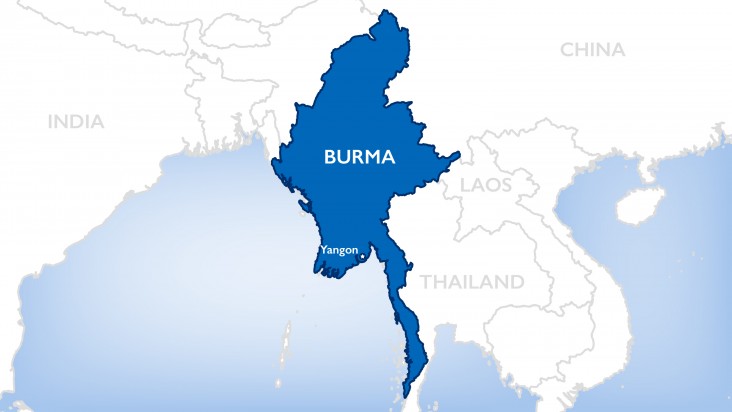- What We Do
- Agriculture and Food Security
- Democracy, Human Rights and Governance
- Economic Growth and Trade
- Education
- Environment and Global Climate Change
- Gender Equality and Women's Empowerment
- Global Health
- Humanitarian Assistance
- Transformation at USAID
- Water and Sanitation
- Working in Crises and Conflict
- Disaster Assistance
- Stabilization and Transitions
- Where We Work
- Afghanistan
- Armenia
- Bosnia and Herzegovina
- Burkina Faso
- Colombia
- Ethiopia
- Iraq
- Libya
- Malaysia
- Mozambique
- Niger
- Nigeria
- Sudan
- Ukraine
- Closed Programs
- Afghanistan
- Albania
- Angola
- Bolivia
- Bosnia & Herzegovina
- Burma
- Burundi
- Chad
- Colombia
- Croatia
- Cuba
- Côte d'Ivoire
- Democratic Republic of Congo
- East Timor
- Guatemala
- Haiti
- Honduras
- Indonesia
- Iraq
- Kenya
- Kosovo
- Kyrgyz Republic
- Lebanon
- Liberia
- Mali
- Nepal
- Nicaragua
- Nigeria
- North Macedonia
- Northern Cameroon
- Pakistan
- Peru
- Philippines
- Rwanda
- Serbia and Montenegro
- Sierra Leone
- Somalia
- South Sudan
- Sri Lanka
- Sudan
- Syria
- Tunisia
- Uganda
- Venezuela
- West Bank/Gaza
- Yemen
- Zimbabwe
- Background
- Criteria for Engagement
- Multi-Media
- Opportunities
- Our Stories
- Where We Work
- Conflict Mitigation and Prevention
- Countering Violent Extremism
- Disaster Risk Reduction
- Peacebuilding and Reconciliation
- Recovering From Crisis
- Resilience
- Tech Challenge for Atrocity Prevention
- Women, Peace, and Security
- World Humanitarian Day
- U.S. Global Development Lab
Speeches Shim

2012-2019
WHY USAID/OTI WAS IN BURMA
USAID/OTI provided a fast, targeted tool to encourage broader participation in Burma’s peace process and address intercommunal conflict, including responding to the violence in Rakhine State. OTI supported activities essential to long-term stability, furthering democratization, and advancing U.S. strategic interests in the region. OTI supported stakeholders who sought to deepen and expand reforms. Burma continues to face concurrent and multidimensional challenges on its path to self-reliance as it transitions to democracy, peace, and a globally-integrated market economy.
USAID/OTI’S ROLE IN BURMA
USAID/OTI entered Burma in 2012 during a window of opportunity created by initial reforms under the previous government. Goals included:
- Enhancing the ability of key stakeholders to engage in the peace process;
- Reducing the influence of drivers of intercommunal conflict and strengthening capacity to promote intercommunal harmony, specifically targeting Rakhine State; and
- Strengthening engagement in areas affecting fundamental freedoms.
PROGRAM HIGHLIGHTS
- Brought together political parties, civil society and ethnic armed groups to engage in the peace process. Activities included increasing the ability of delegates to represent on issues related to security sector reform, federalism and natural resource management; a series of fiscal federalism trainings; and translating key documents, including the National Ceasefire Agreement into seven local languages.
- Established the Women’s Participation Fund, which provided transportation and daycare costs to help remove barriers to women’s participation in official peace process events and meetings.
- Worked with community leaders, civil society and government in Rakhine State to increase capacity to mitigate violent conflict and counter hate speech and rumors.
- Supported partners in Rakhine State to increase dialogue and peacebuilding skills in mixed communities to strengthen social cohesion.
- Reduced the risk of intercommunal violence spreading to a national level. For example, the Bago Peace Network in central Burma actively combatted misinformation on the Rakhine conflict by successfully intervening when a person was accused, through rumor, of being a Muslim terrorist.
- Empowered local partners to develop online platforms that countered fake news, hate speech, and rumors.
Related Sectors of Work

Comment
Make a general inquiry or suggest an improvement.